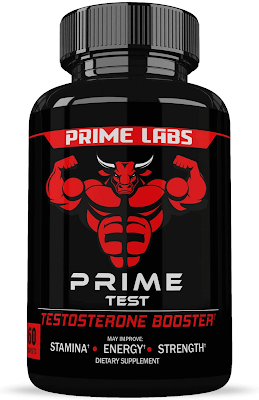Probiotics have taken the health and wellness world by storm, and for good reason. These tiny microorganisms, often referred to as "good bacteria," offer a plethora of benefits for human health. In this blog post, we'll dive into the science-backed advantages of probiotics, exploring how they can positively impact your well-being.
1. Digestive Harmony:
- Probiotics play a pivotal role in maintaining a balanced gut microbiome, which is crucial for proper digestion.
- They assist in breaking down complex carbohydrates and proteins, aiding in nutrient absorption.
- Scientific studies have shown that probiotics can alleviate symptoms of irritable bowel syndrome (IBS), diarrhea, and constipation.
2. Immune System Boost:
- Your gut is home to a significant portion of your immune system, and probiotics help bolster its defenses.
- Research suggests that probiotics can reduce the duration and severity of upper respiratory tract infections and reduce the risk of developing allergies.
3. Mood and Mind Connection:
- Emerging studies highlight the "gut-brain axis," a bidirectional communication between the gut and the brain.
- Probiotics may influence mood and behavior through this axis, potentially offering relief from symptoms of anxiety, depression, and stress.
4. Weight Management:
- Probiotics can impact body weight and fat distribution by promoting the growth of beneficial bacteria that may regulate metabolism.
- Some studies suggest that probiotics could be a valuable addition to weight loss and management strategies.
5. Heart Health:
- Certain strains of probiotics have been linked to reductions in both LDL ("bad") cholesterol and blood pressure.
- These effects may contribute to a lower risk of heart disease and related conditions.
6. Skin Radiance:
- Skin health is influenced by gut health, and probiotics can help improve conditions like acne, eczema, and rosacea.
- They may promote a healthy skin barrier and reduce inflammation.
7. Enhanced Nutrient Production:
- Probiotics are involved in the synthesis of vitamins, such as B vitamins and vitamin K, in the gut.
- This ensures your body has an adequate supply of essential nutrients.
8. Antibiotic Recovery:
- Antibiotics can disrupt the gut microbiome, leading to digestive issues.
- Probiotics can aid in restoring the balance of beneficial bacteria post-antibiotic treatment.
9. Women's Health:
- Probiotics may help prevent and alleviate vaginal infections, such as yeast infections and bacterial vaginosis.
- They maintain the delicate balance of microorganisms in the vaginal microbiome.
Well... wrapping up!
The scientific evidence supporting the myriad benefits of probiotics is continually expanding. These beneficial bacteria can positively impact your digestive system, immune function, mental well-being, weight management, heart health, skin, and more. As you consider incorporating probiotics into your daily routine, consult with a healthcare professional to choose the right strains and dosages that align with your specific health goals. Whether in yogurt, supplements, or fermented foods, probiotics can be a powerful tool in promoting a healthier, happier you. So, embrace the gut-healing power of probiotics and take a step toward a brighter, healthier future!










